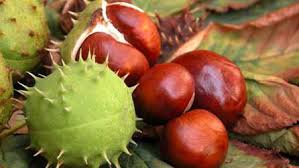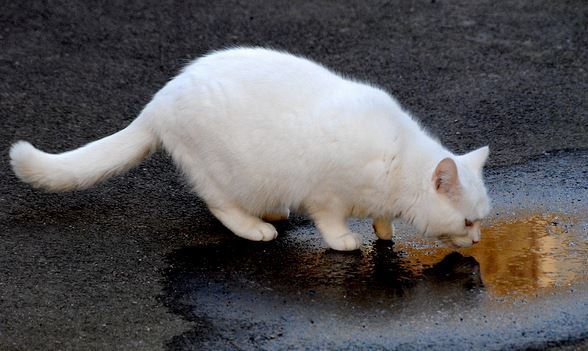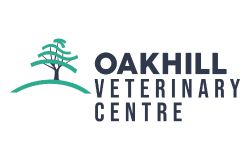As the temperature drops and it gets dark earlier during the autumn months, it’s important to keep our pets safe.
Below are some seasonal hazards to pets for you to be aware of…
1. Conkers

While serious cases of poisoning are rare, ingestion can cause marked gastro-intestinal signs such as drooling, retching, vomiting, diarrhoea and abdominal pain. The conker’s case and conkers themselves can also cause intestinal blockages. Dogs usually vomit any ingested conkers quickly so treatment to control vomiting may be needed.
2. Rat poisons
Most, but not all, rodenticides in the UK contain anti-coagulant compounds that interfere with a rat’s ability to clot its own blood. One-off exposure to products bought in garden centres often does not cause problems. However, repeated exposure to products or exposure to professional rodent baits can cause disruption to a pets’s blood clotting ability and result in massive haemorrhage (bleeding). The effects may be delayed for several days and blood-clotting (coagulation) tests are often needed to determine if a pet is at risk of developing problems. Treatment involves giving an antidote and in severe cases transfusions of plasma or whole blood.
3. Luminous necklaces and glow sticks
The chemical mixture within luminous jewellery and glow sticks (often seen at Halloween & Bonfire night) is very irritating to the gums — commonly causing dribbling, frothing and foaming at the mouth, vomiting and stomach pain. Thankfully, although the signs can look dramatic, ingestion is unlikely to cause significant problems, but your pet may require supportive treatment.
4. Oaks and acorns
Exposure to acorns in dogs is common in the autumn and winter. The toxic ingredient is thought to be tannic acid, which can cause damage to the liver and kidneys. Signs include vomiting, diarrhoea, abdominal pain and lethargy. Ingested acorns can also cause an intestinal blockage.
5. Fallen leaves
Piles of leaves can develop bacteria and mould. If your dog ingests these it can lead to gastrointestinal upsets.
6. Antifreeze

The worst of all the chemical spills is antifreeze (containing ethylene glycol), which can leak from a car’s radiator. Ethylene glycol ingestion is very dangerous. It is sweet tasting and very palatable and even a small quantity can cause serious kidney damage and be fatal. The first signs of intoxication can be that your pet appears ‘drunk’. If you know your pet has ingested ethylene glycol or you have any concerns, contact your vet without delay. The prognosis becomes less good the longer the delay between ingestion of the antifreeze and initiation of treatment.
7. Chocolate

Chocolate sales rise around Halloween but remember it contains a stimulant called theobromine that’s poisonous to dogs. The amount of theobromine differs depending on the type of chocolate — dark chocolate has the most in it. Theobromine mainly affects the heart, central nervous system and kidneys. Signs will occur from 4-24 hours following ingestion and you may see vomiting, diarrhoea, restlessness, hyperactivity, rapid breathing, muscle tension, incoordination, increased heart rate and seizures.
8. Keep safe in the dark
Always wear reflective clothing to make yourself visible when walking near roads in the dark. And don’t forget your pets! Fit your dog and cat with a reflective or LED collar – but make sure only a quick release collar is used for a cat.
9. Fleas
Turning up your heating in your home as the temperature drops in autumn can provide the perfect temperature for fleas. It’s important to treat your pet for fleas all year round. Please contact us if you wish to discuss the various flea treatments available.
10. Fireworks
The firework season seems to be getting longer each year and can be a stressful time for all pets. Read our article on how you can make fireworks less frightening for your pet: https://www.oakhill-vets.com/fireworks-pets/
